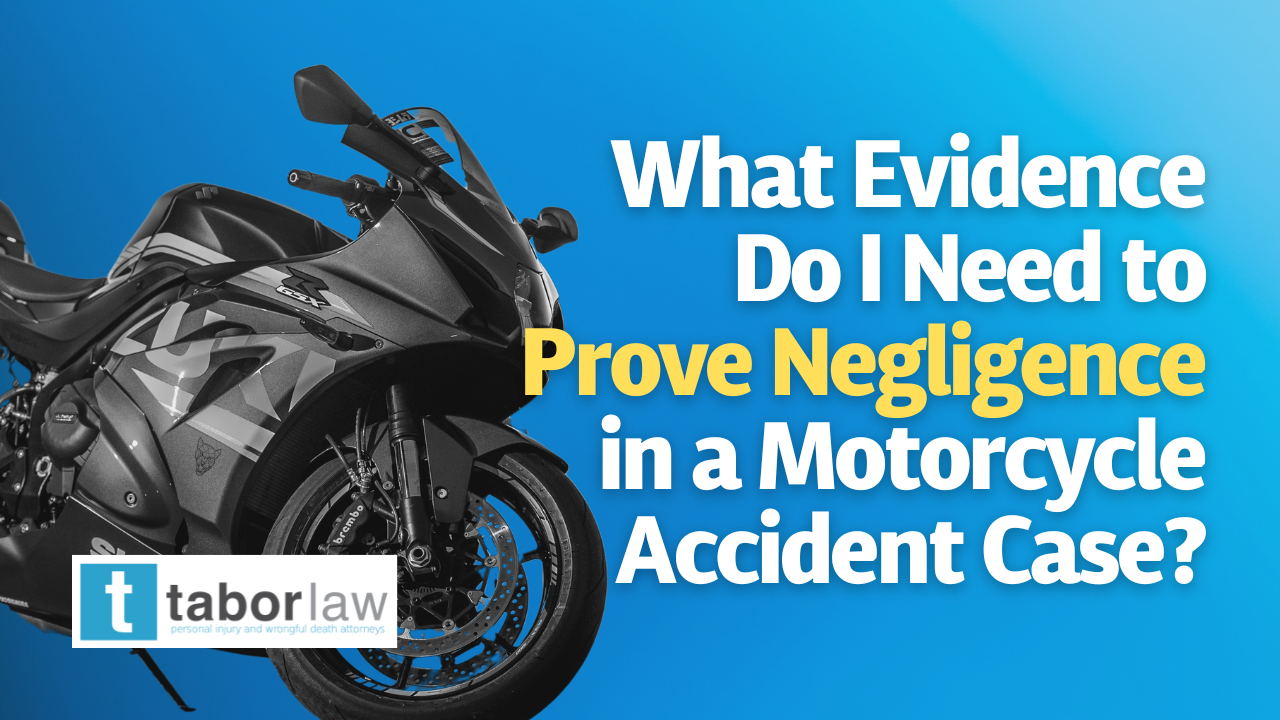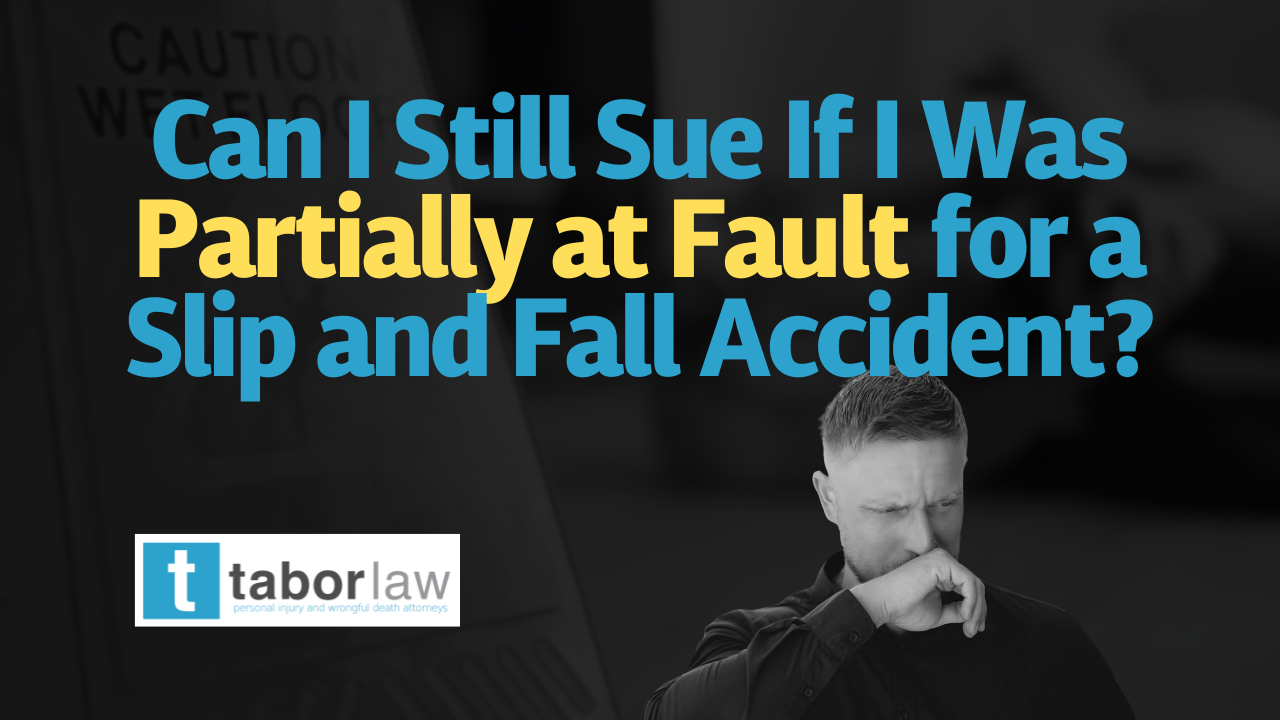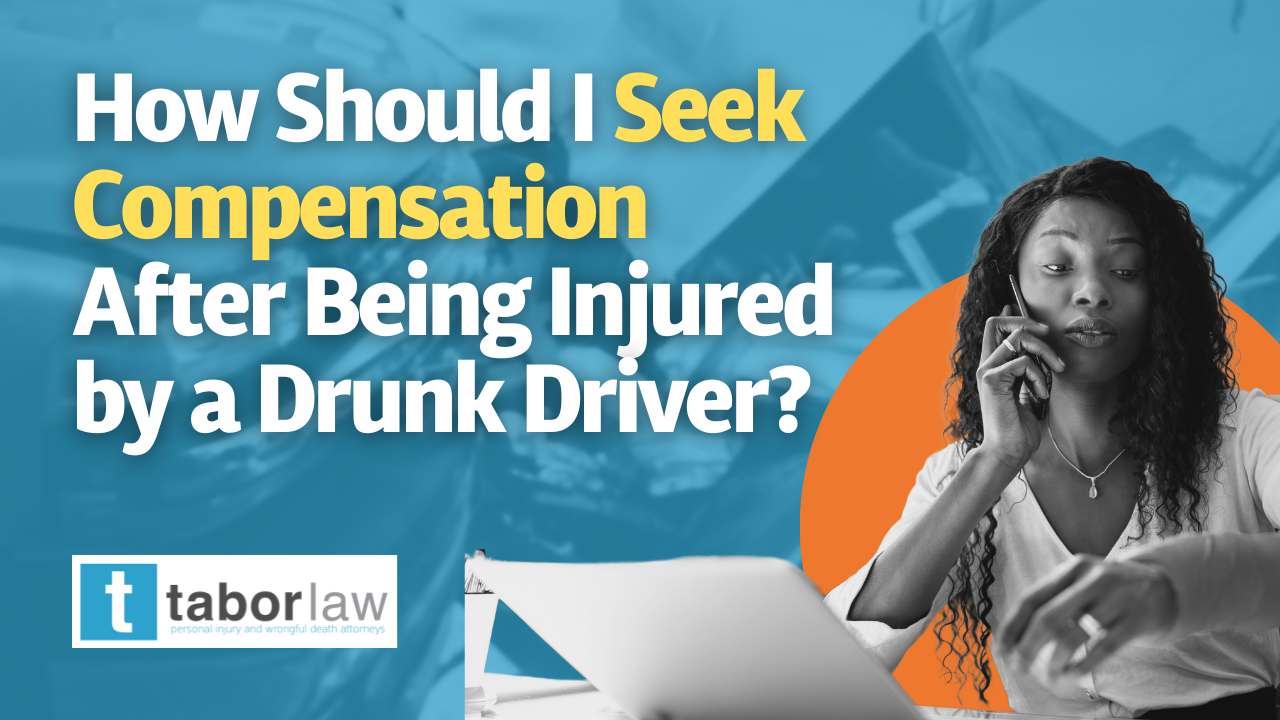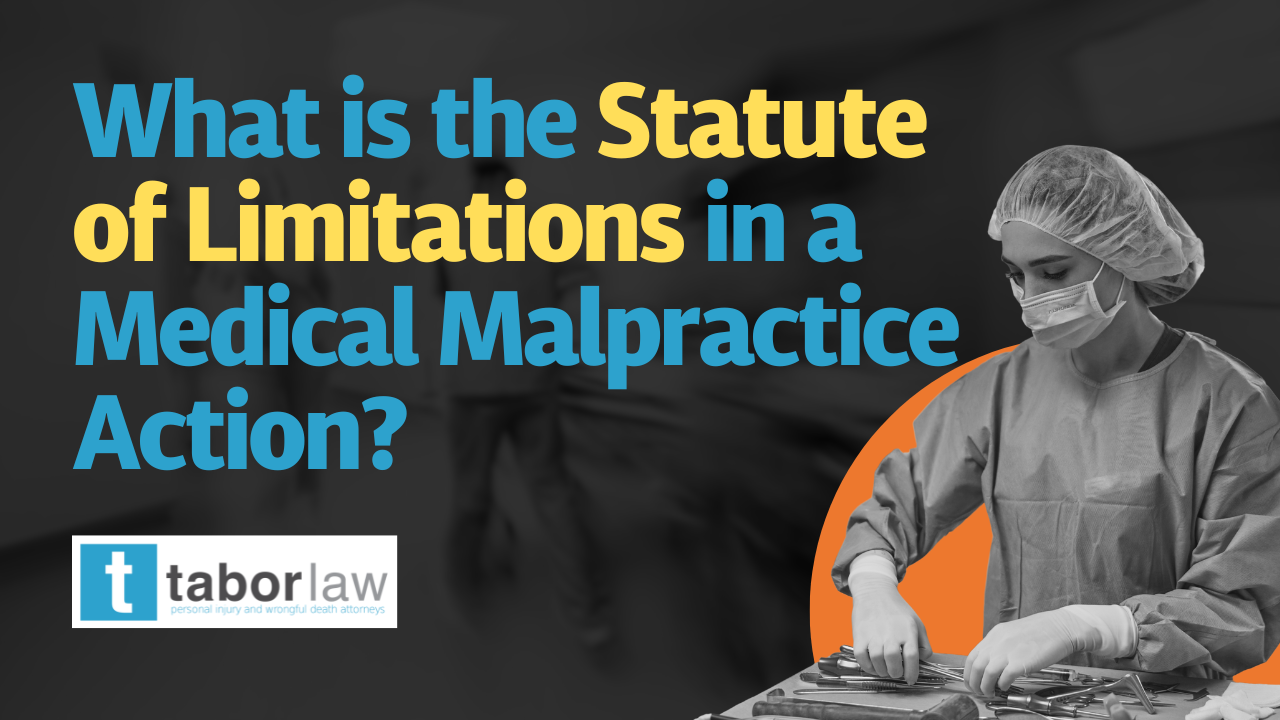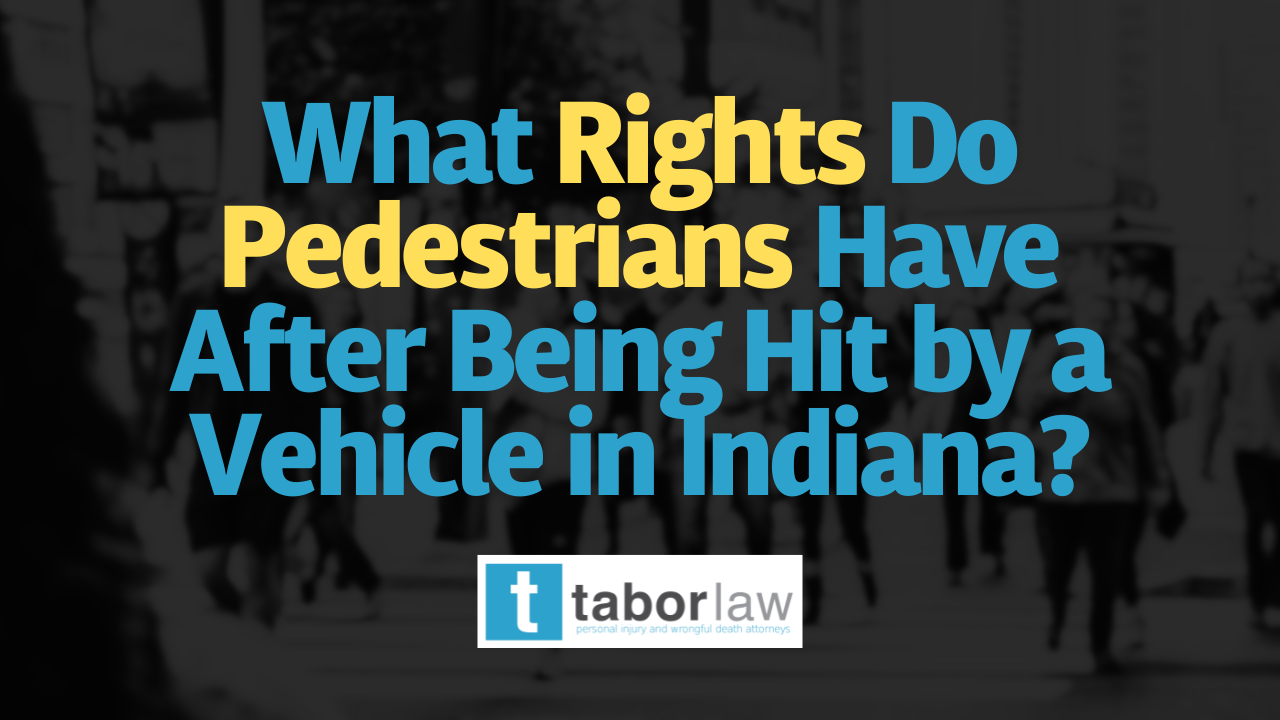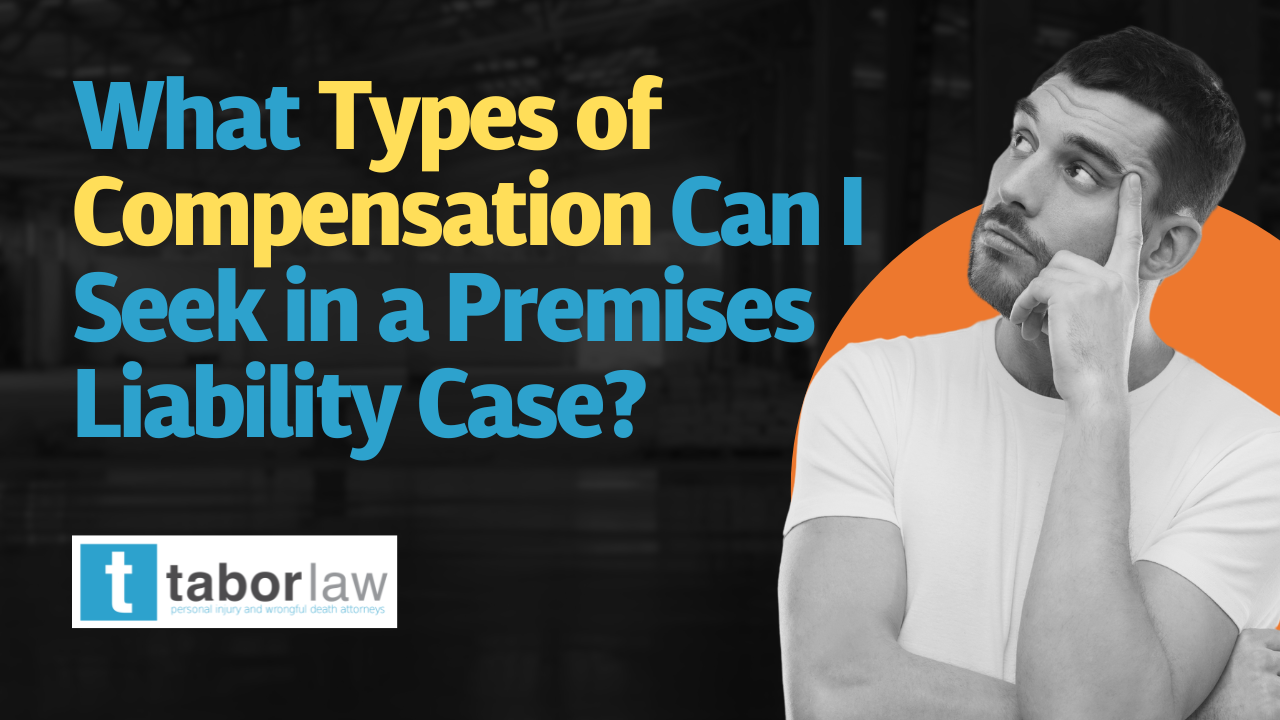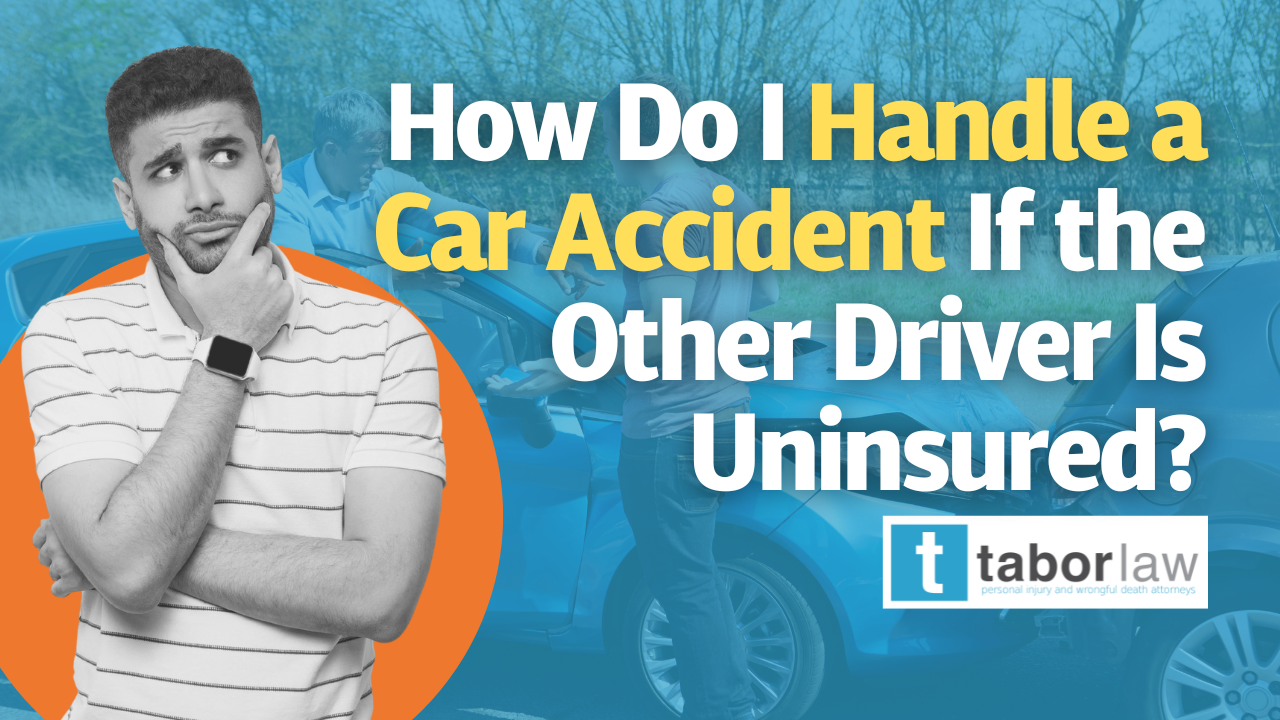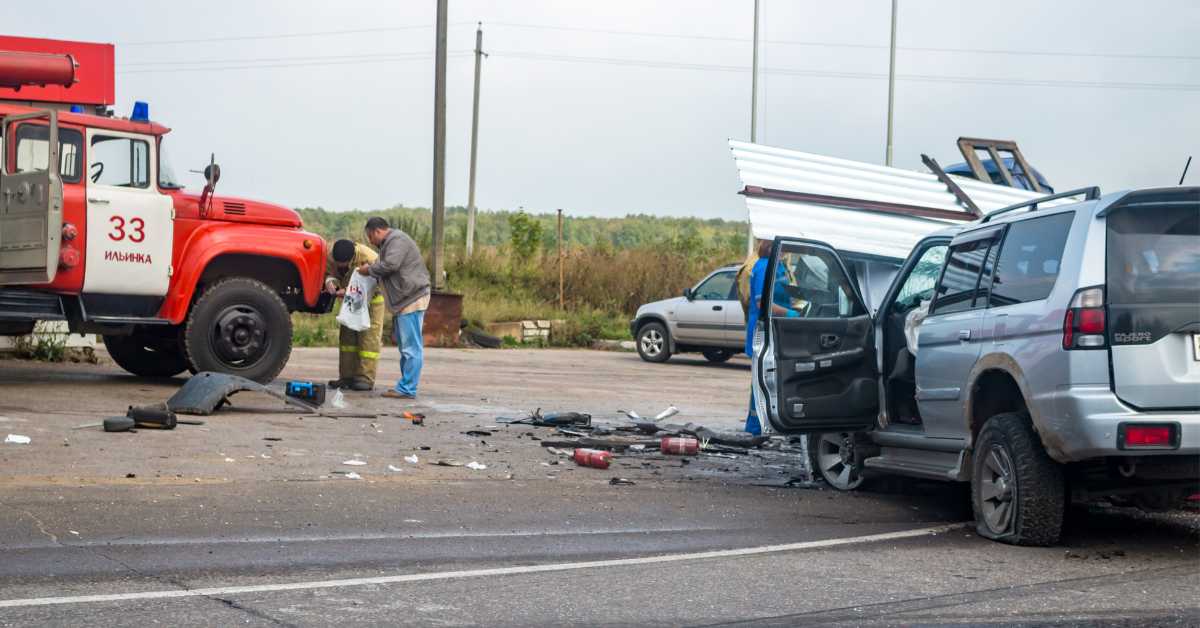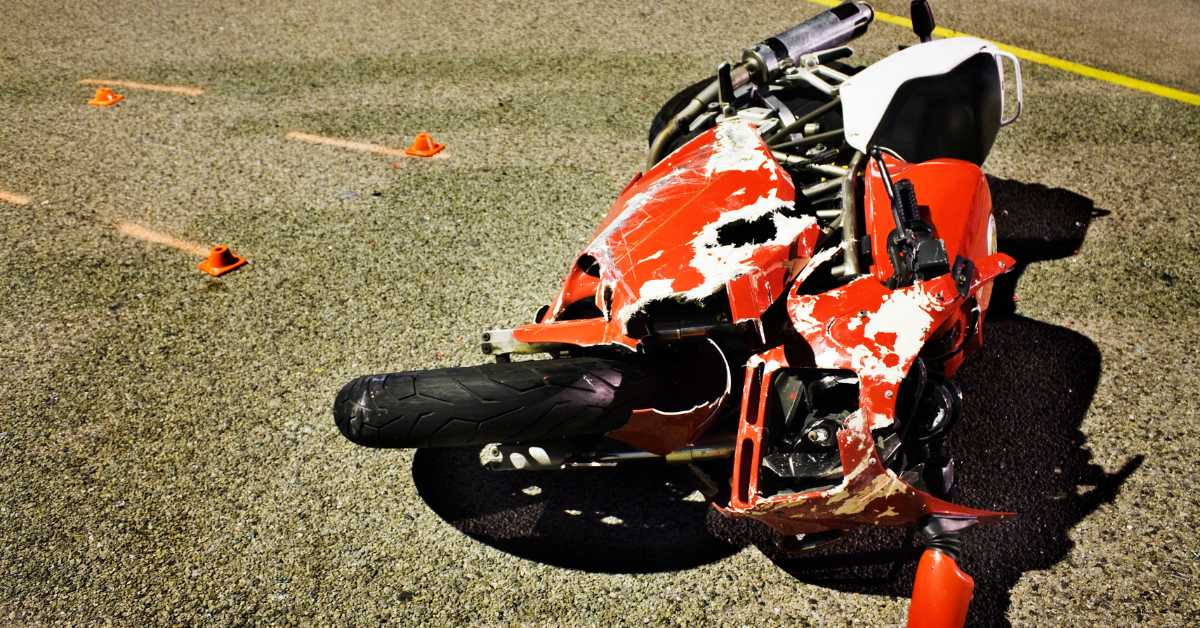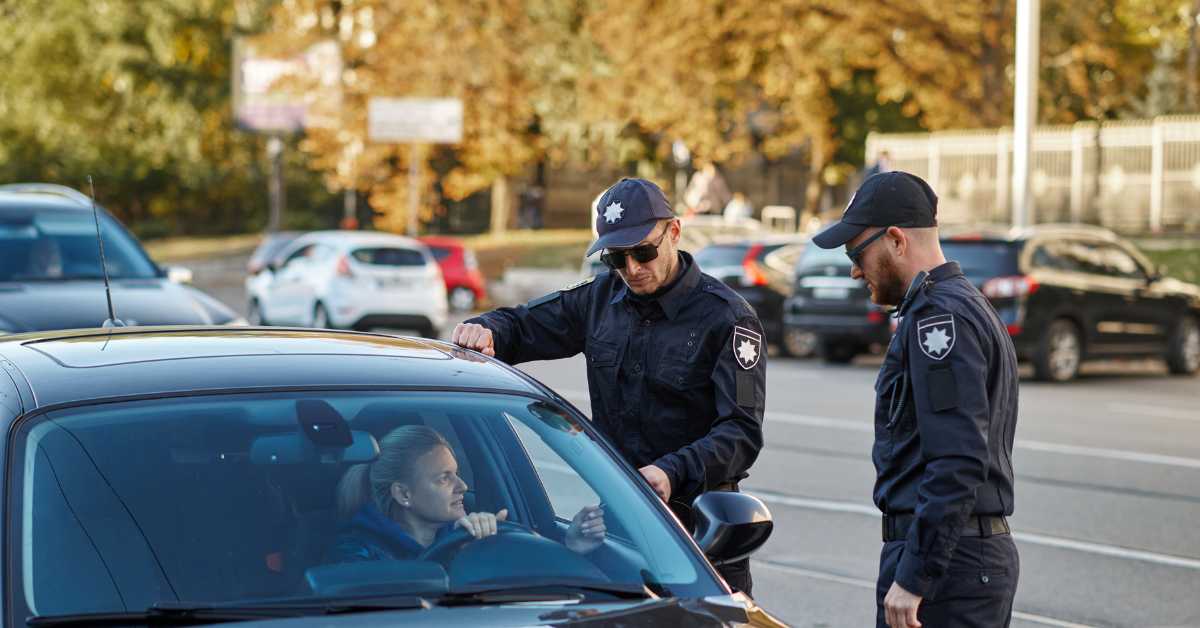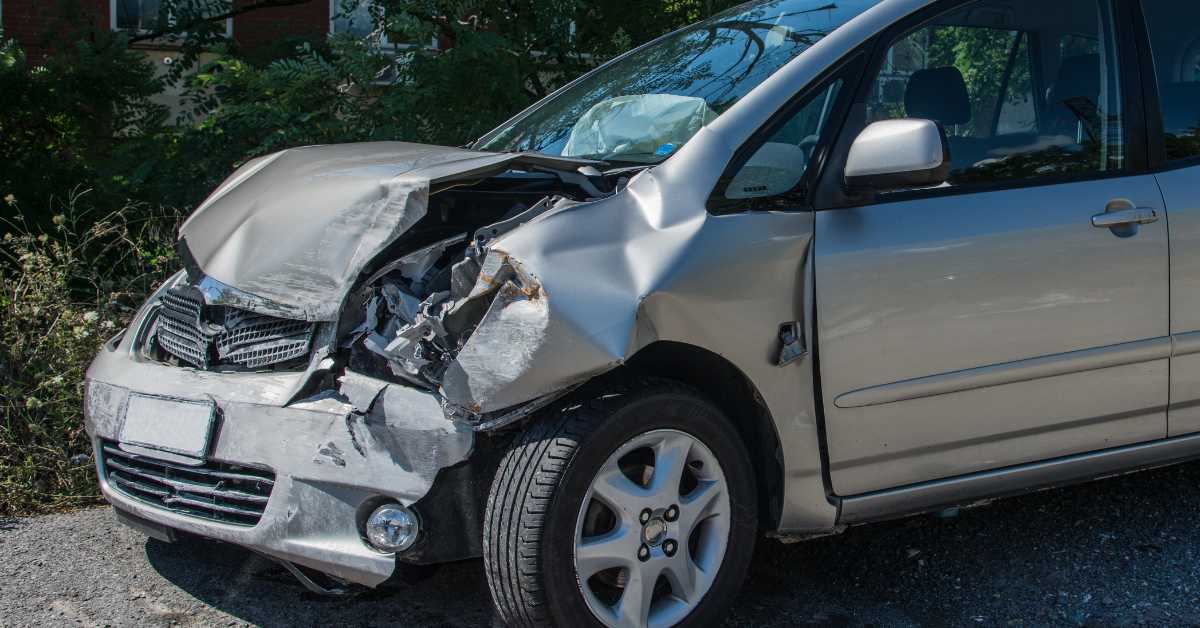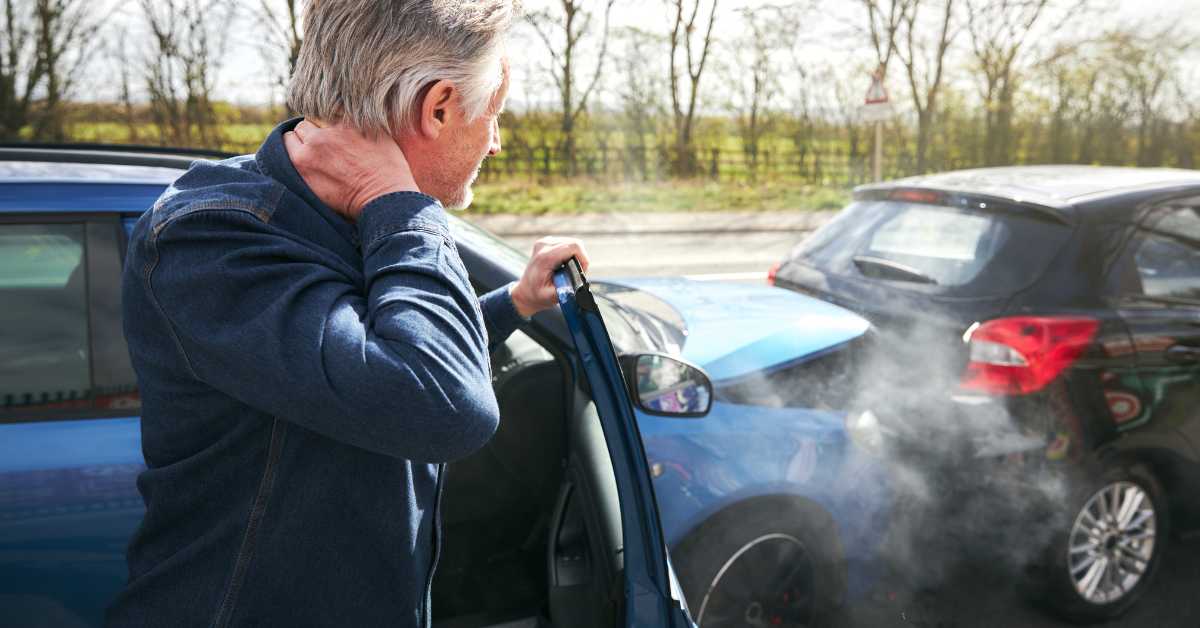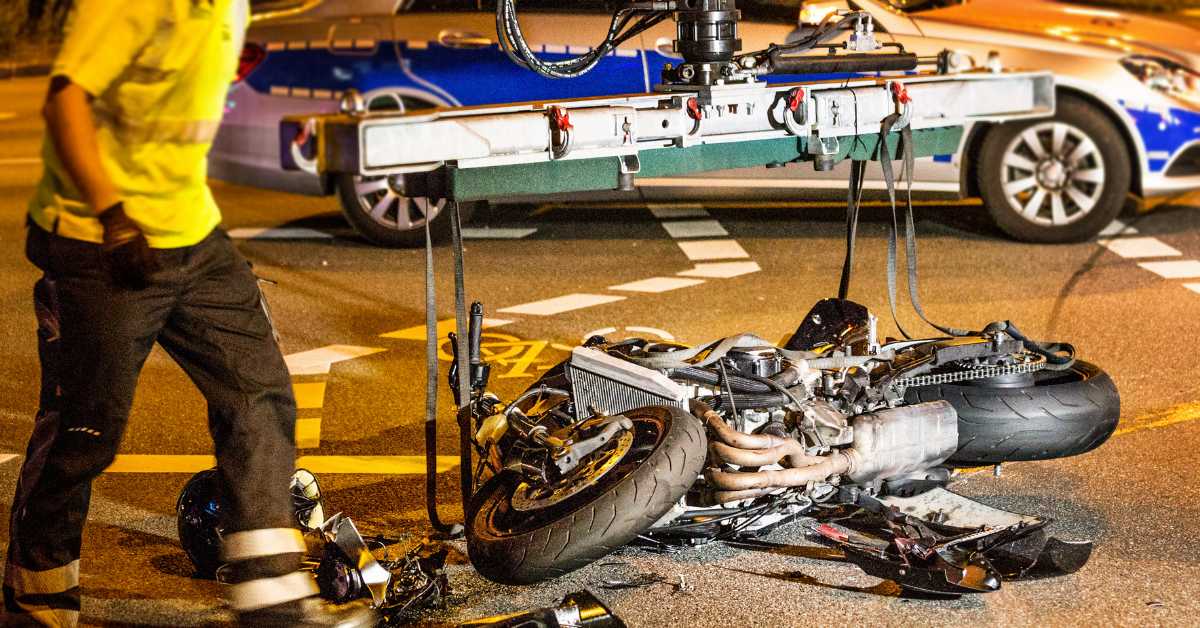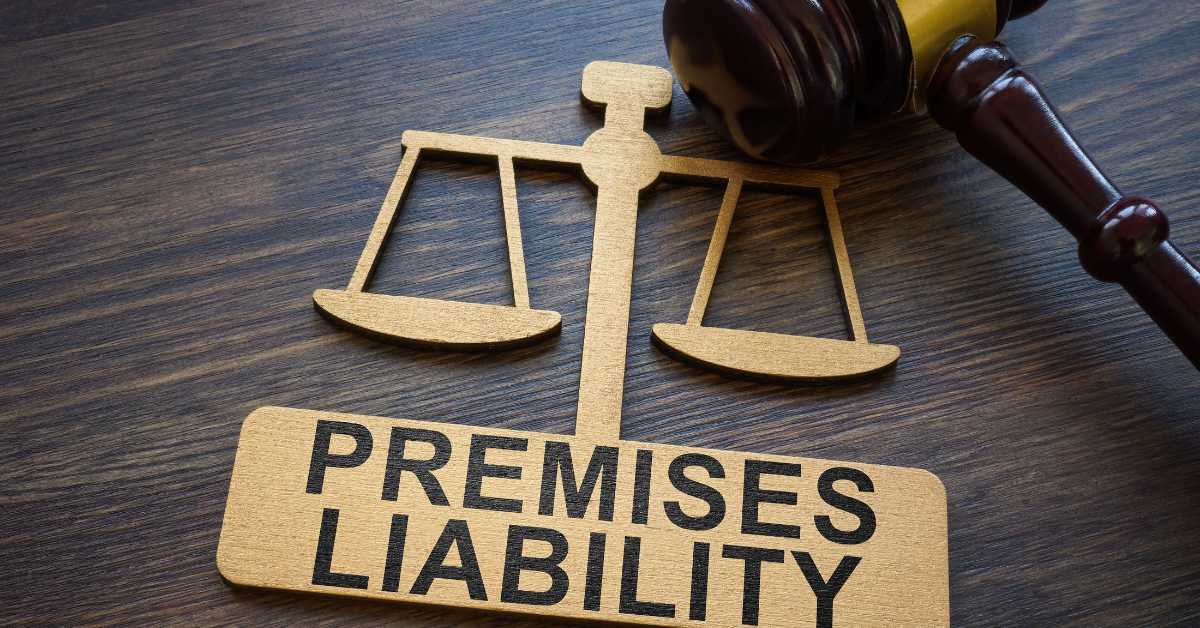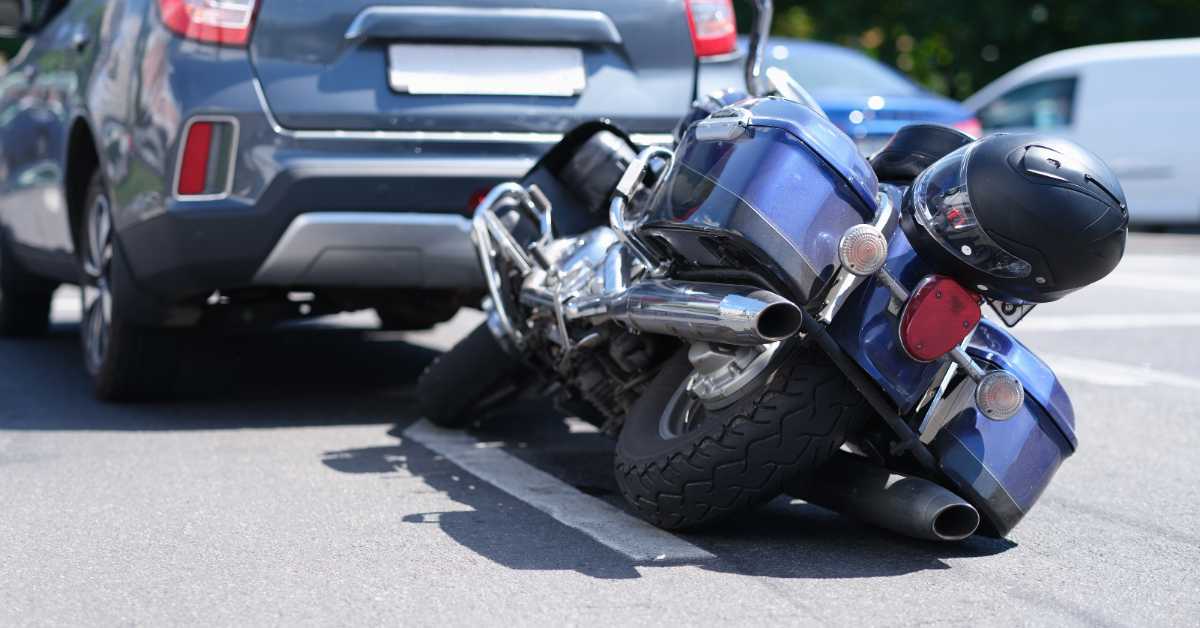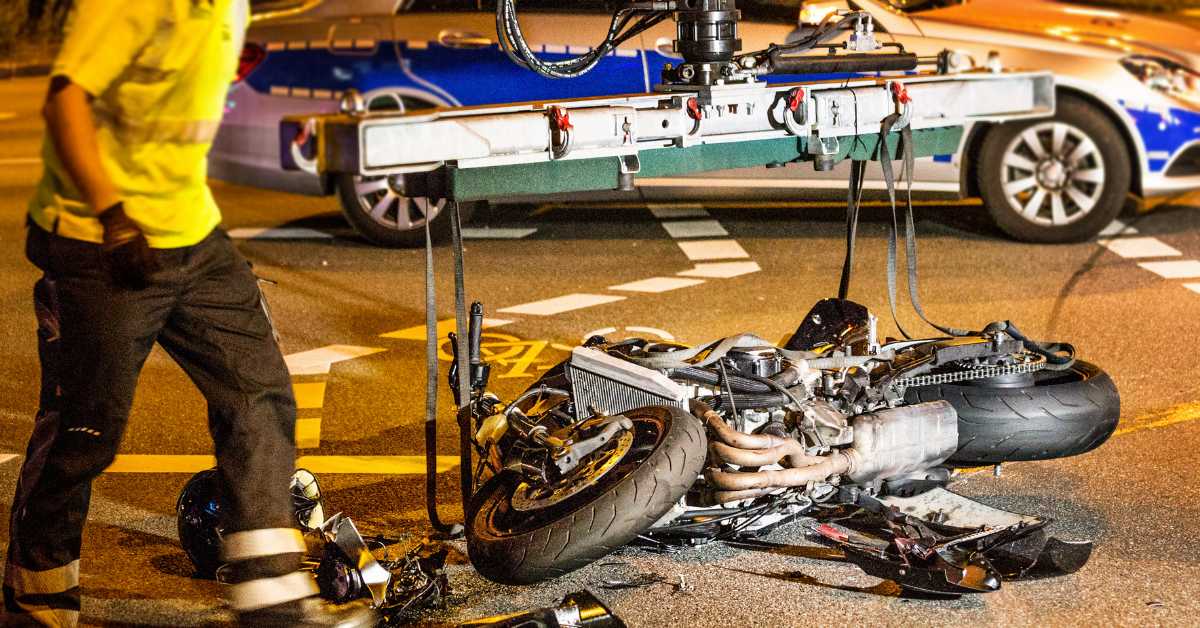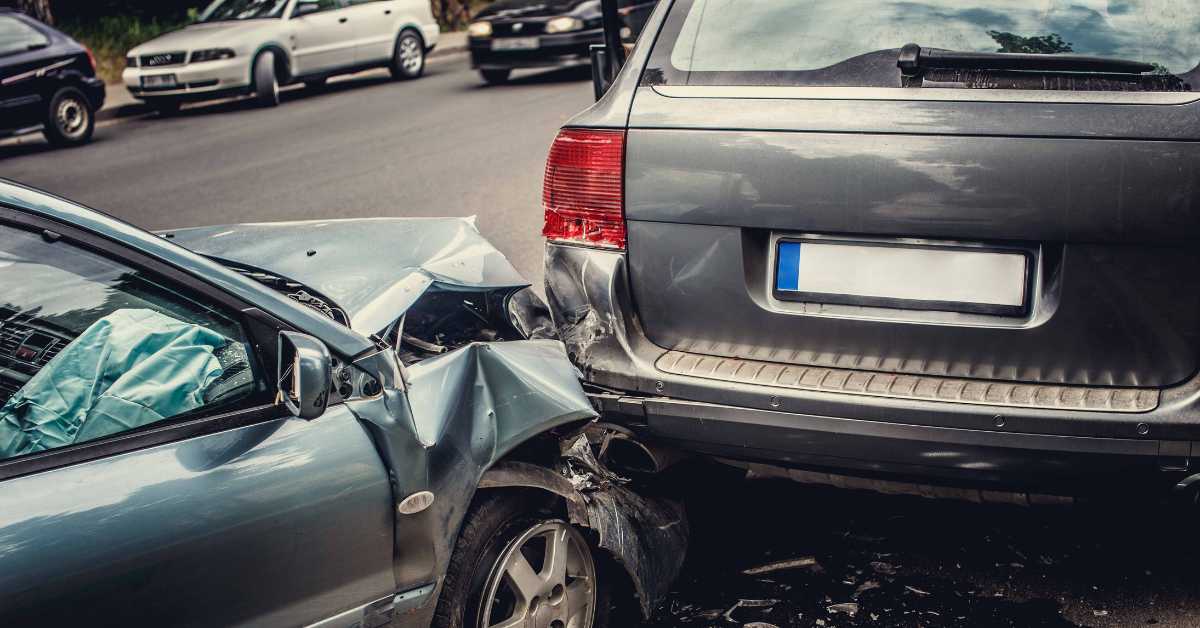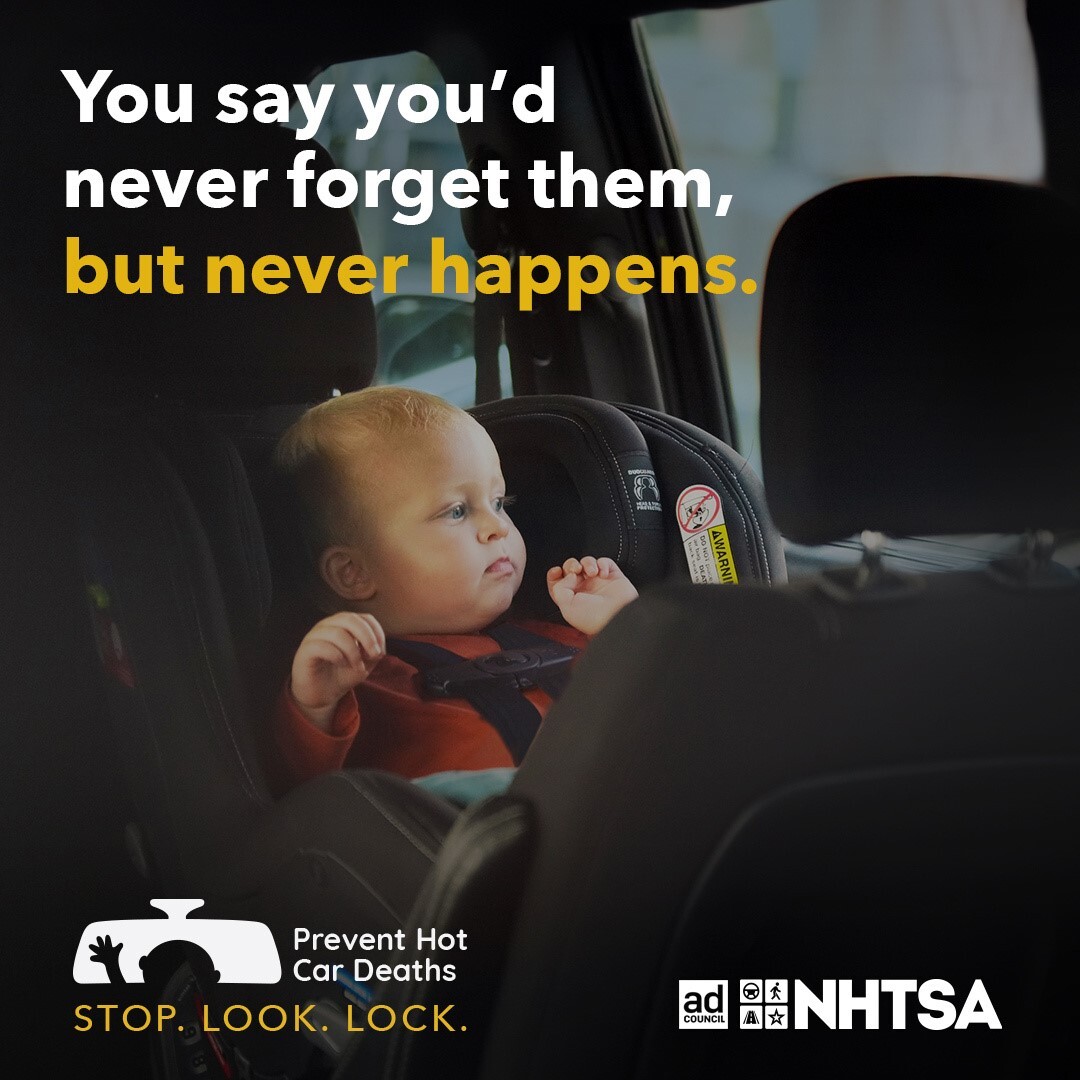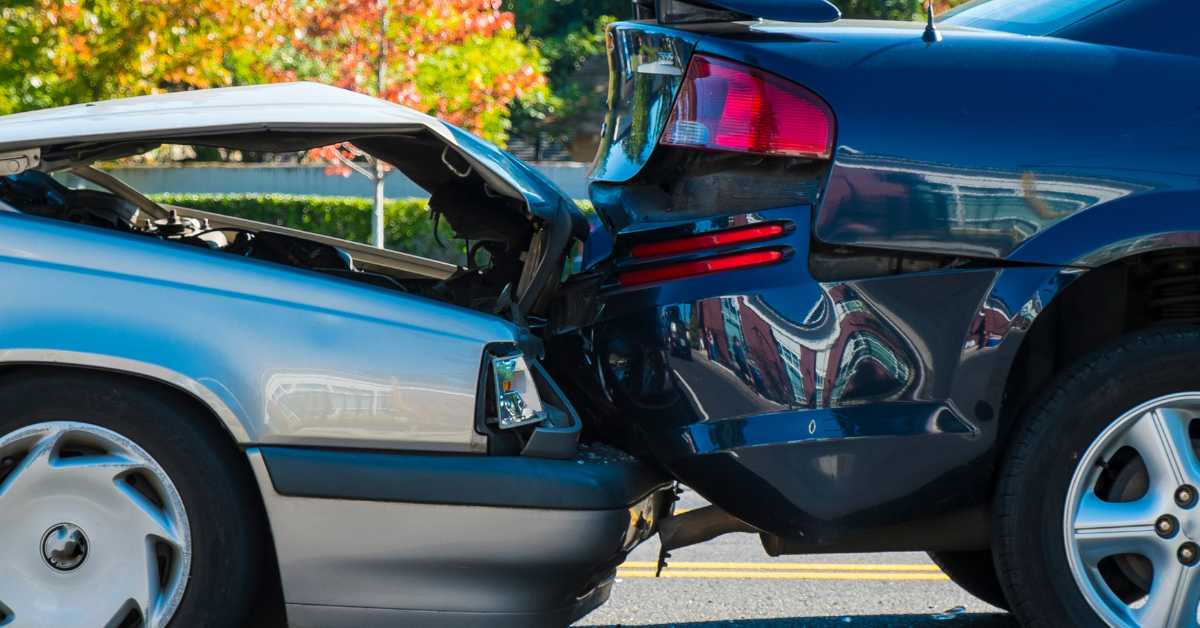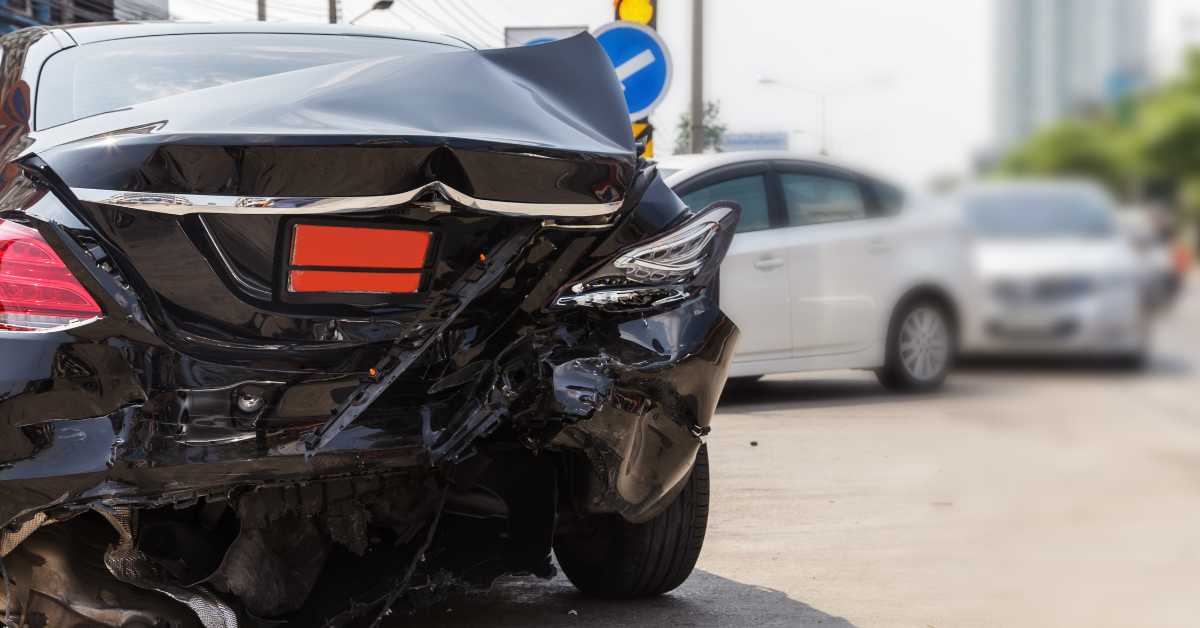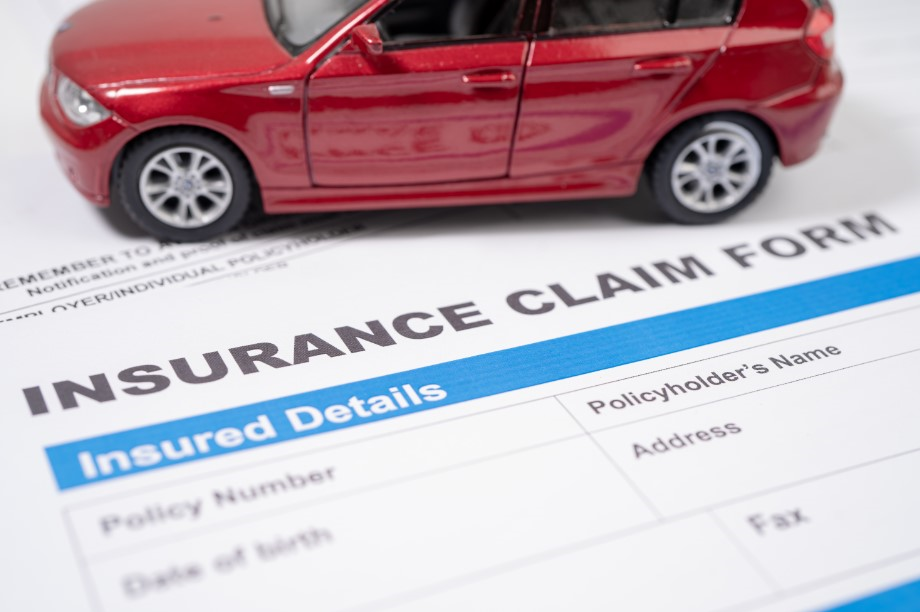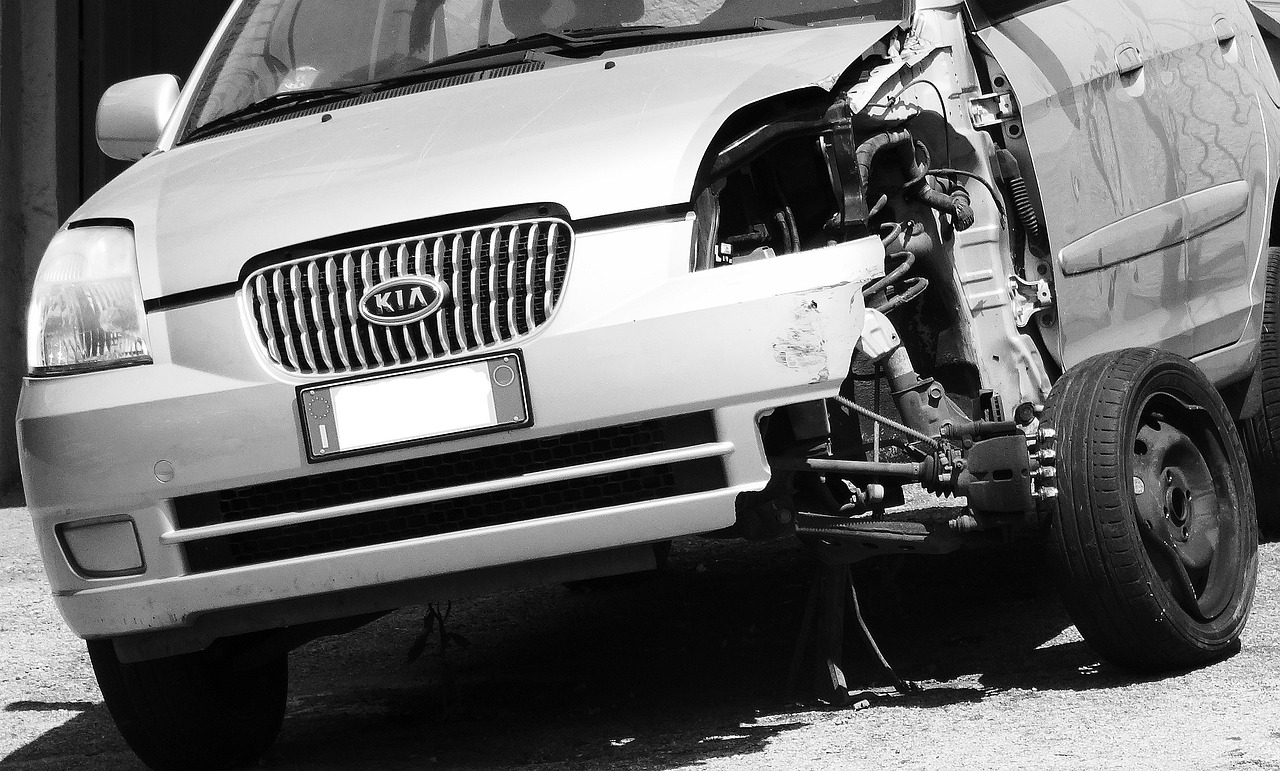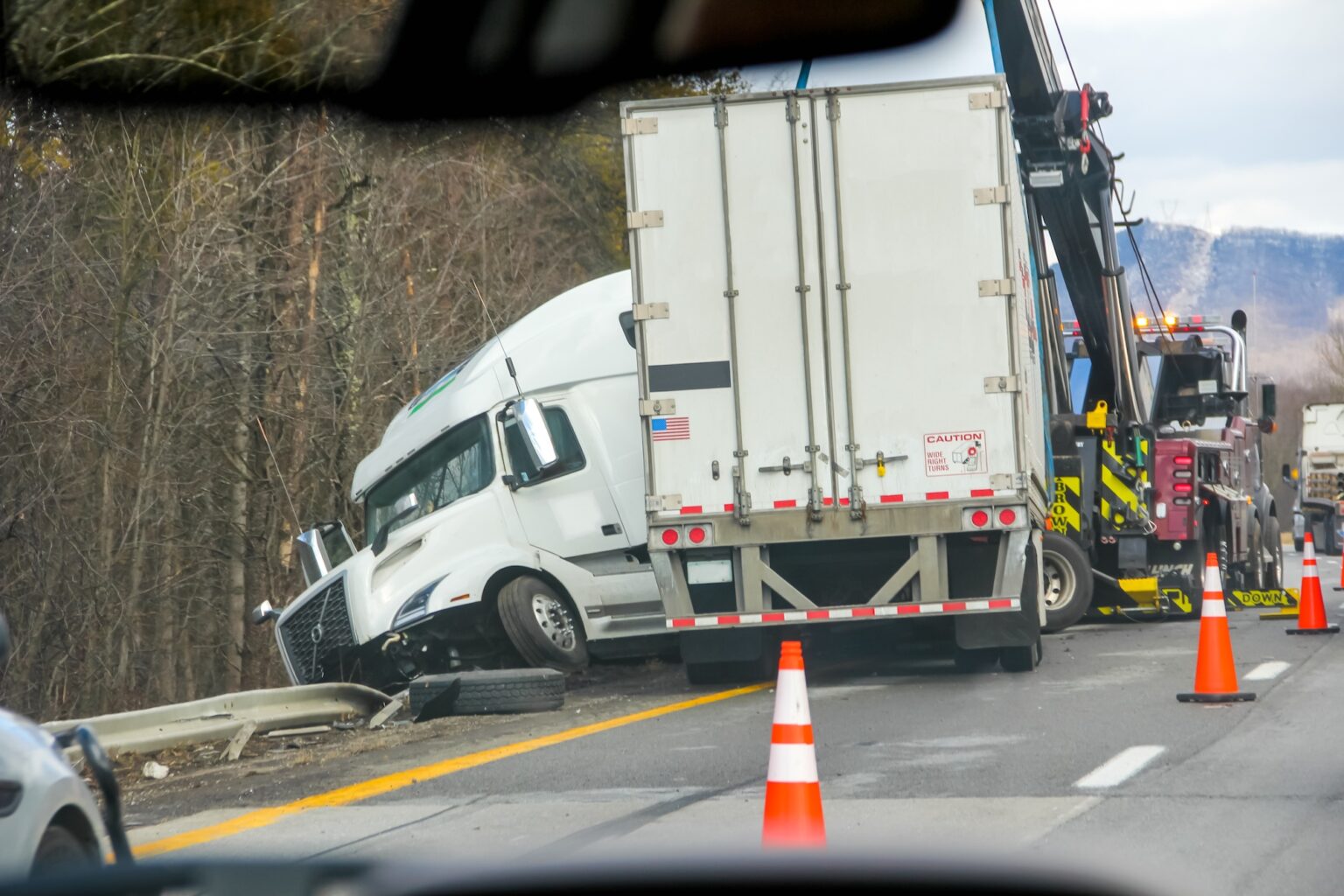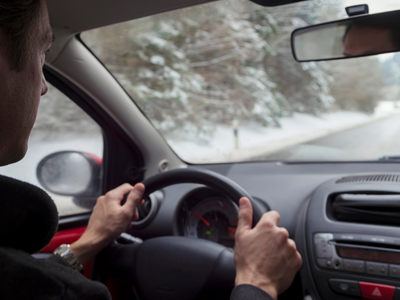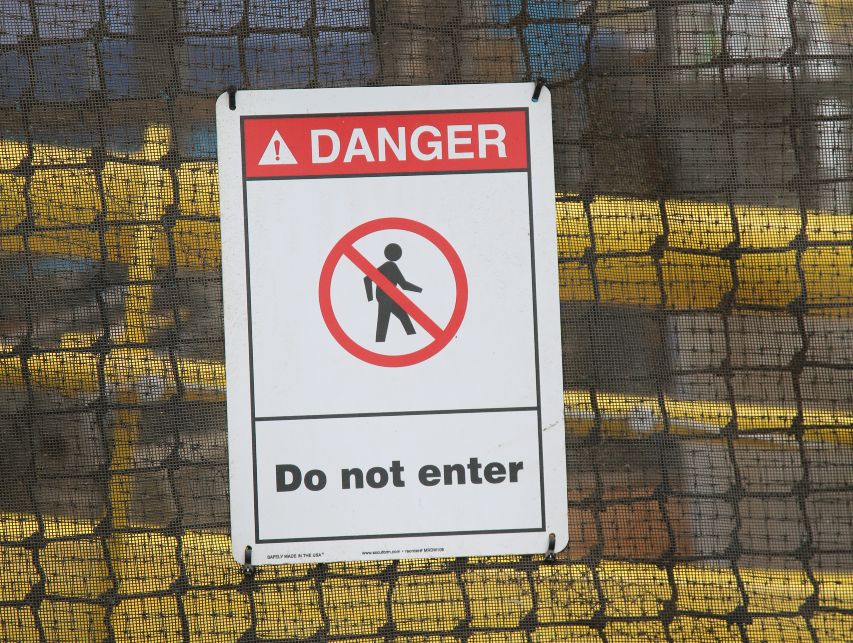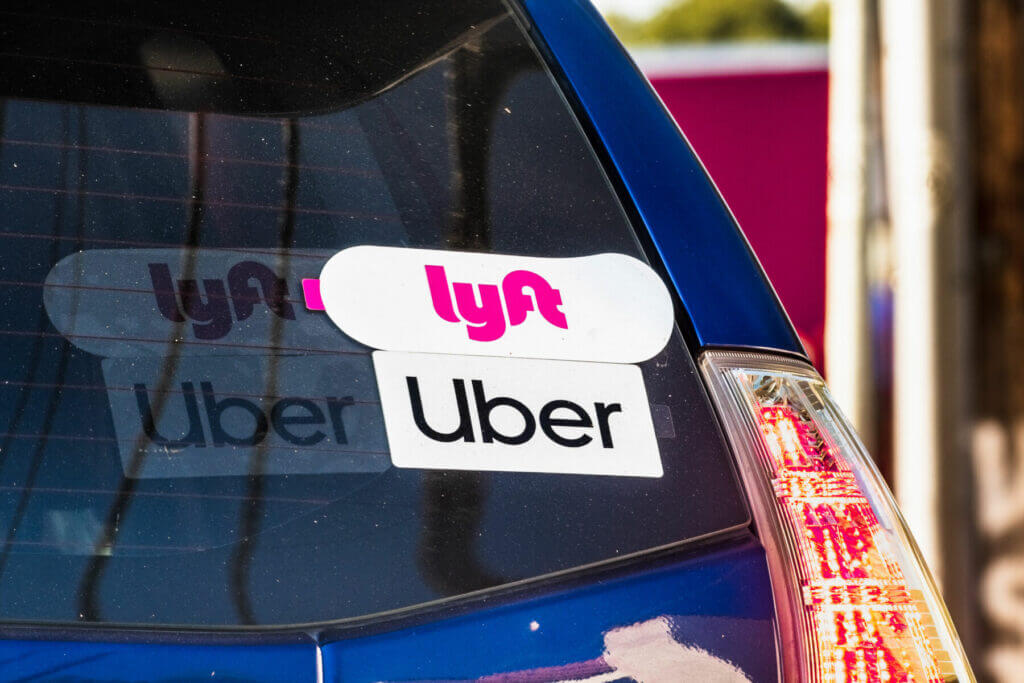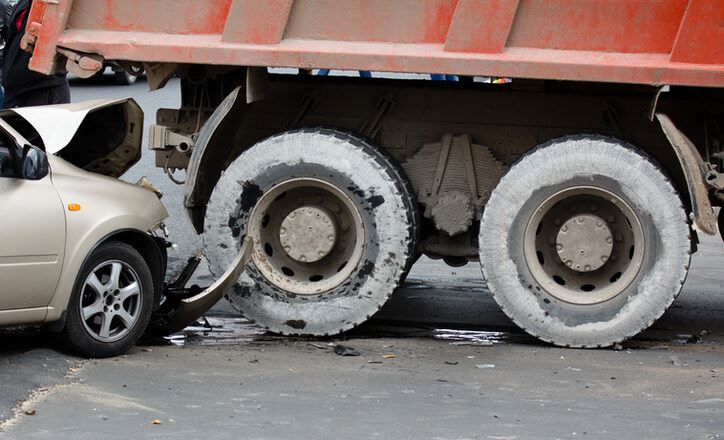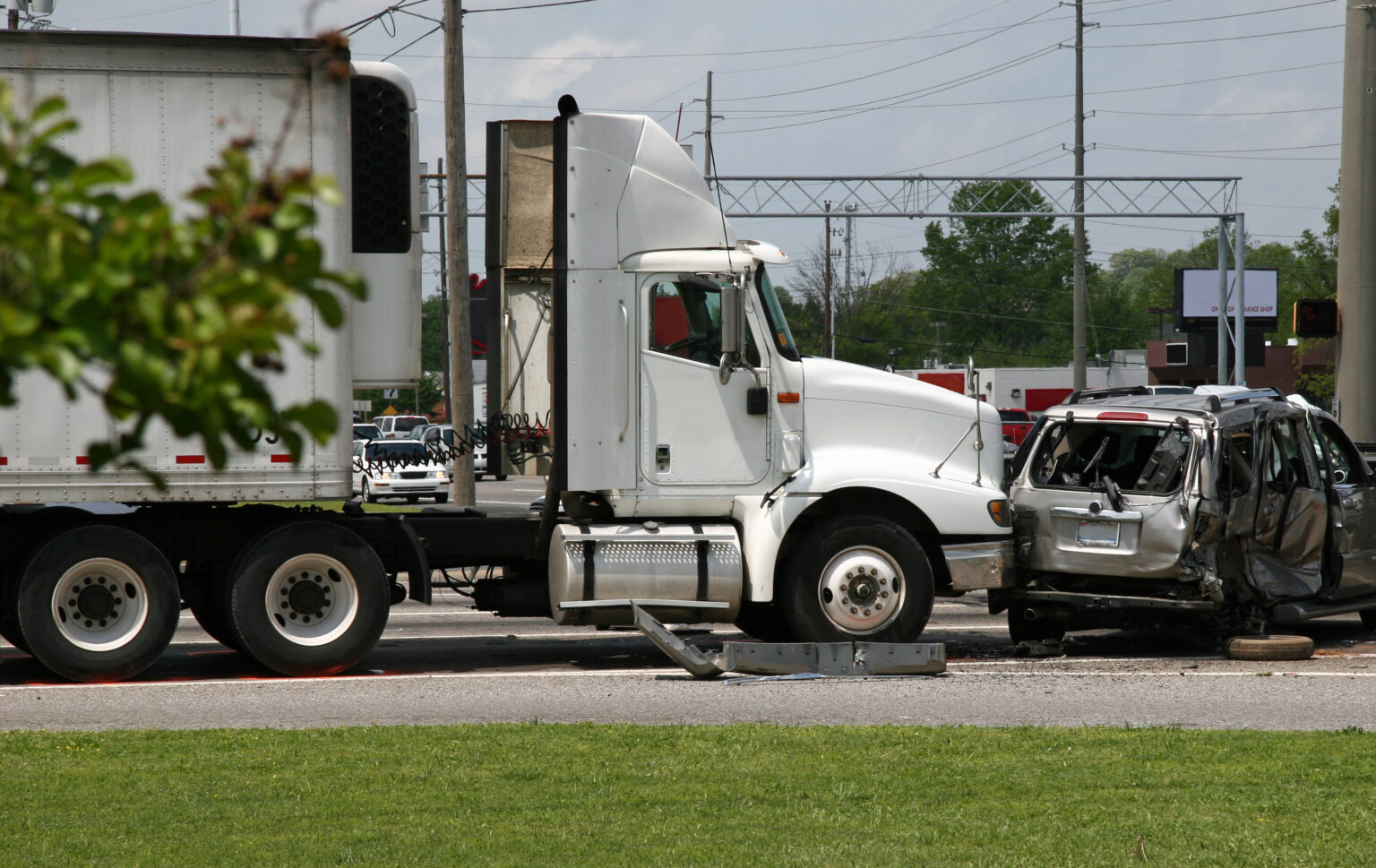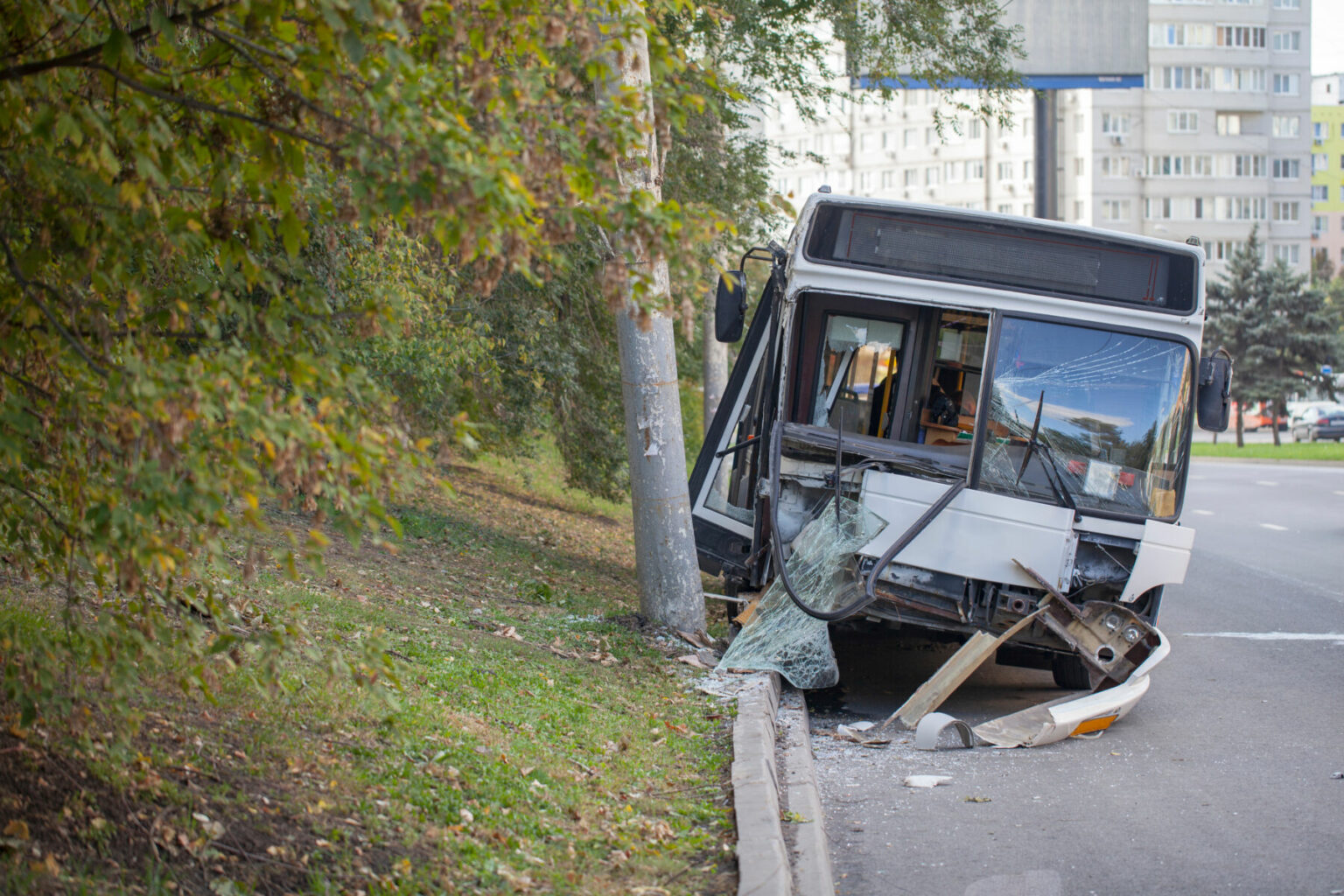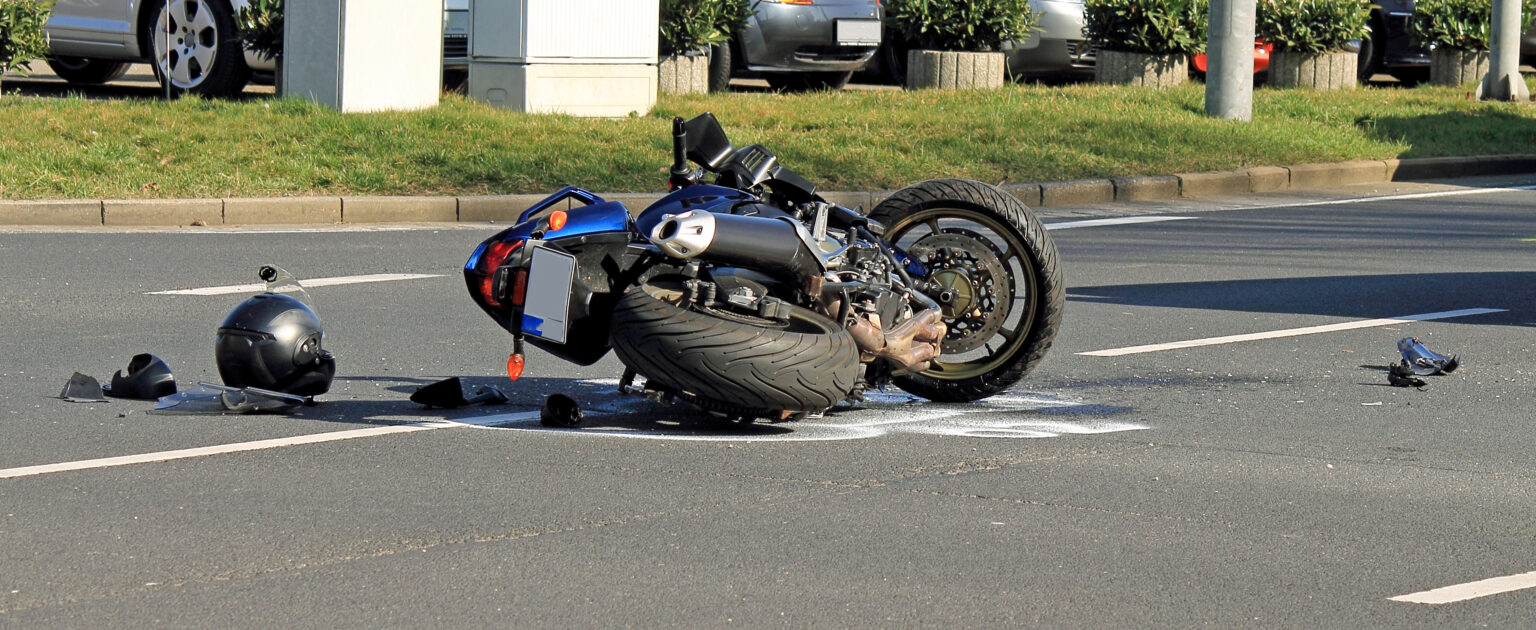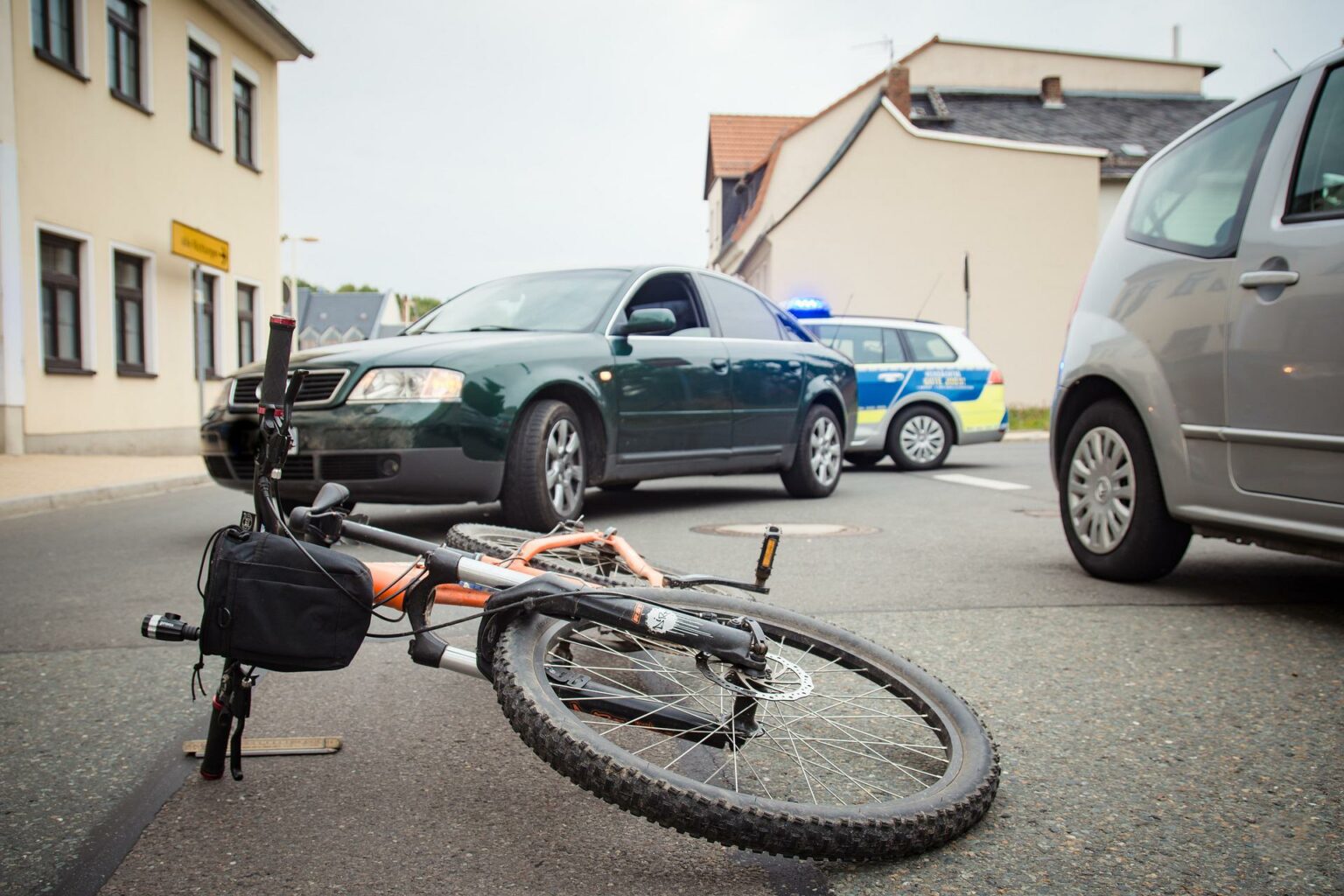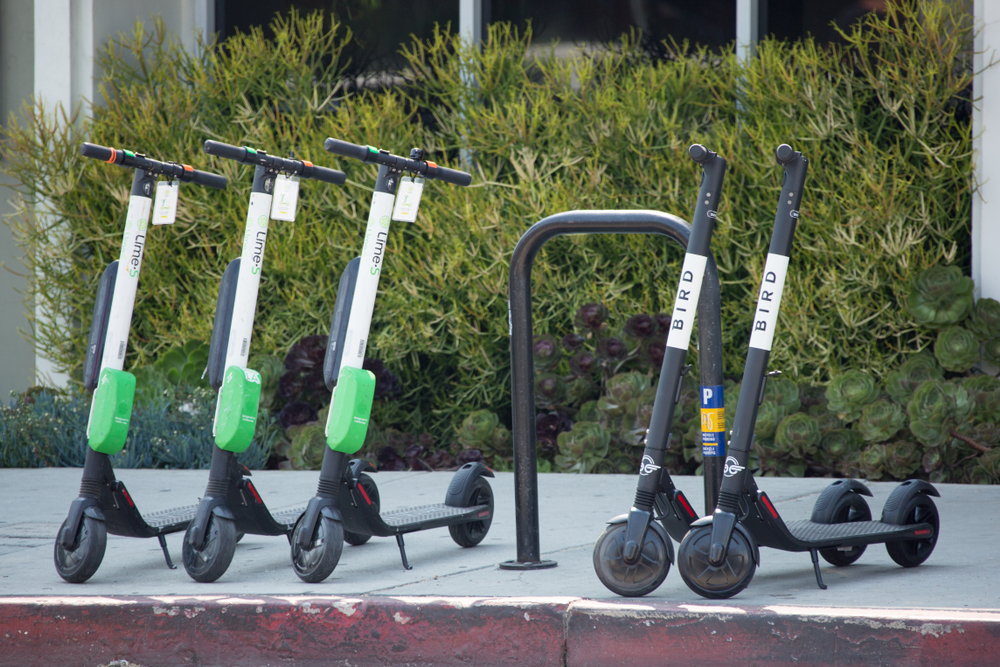Is Speeding A Culture Problem?
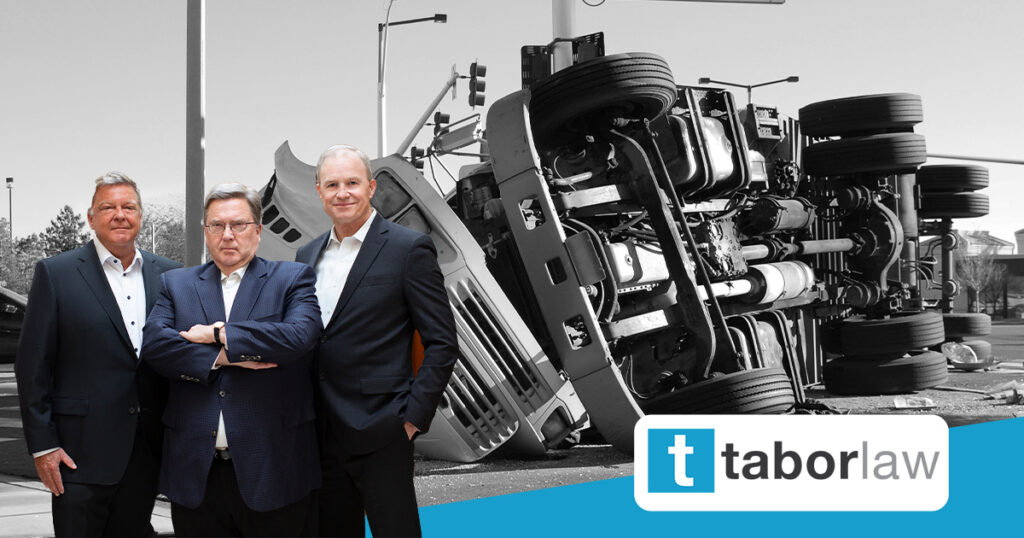
The Governor’s Highway Safety Association recently released a study about speeding and the problems associated with it. But perhaps, more importantly, there’s an interesting discussion about what’s behind the fact that few people seem content to adhere to the speed limit.
A 2017 national survey of drivers, done by the AAA Foundation for Traffic Safety, found that half of motorists reported exceeded the speed limit by 15 mph on a freeway and 47.6% reported driving 10 mph over the speed limit on a residential street in the past month. Drivers often assume that they can exceed the speed limit by 10 or even 15 miles per hour before they will be pulled over. After years of perceived tolerance regarding enforcement, speed limits have lost the concept of “limit”.
While eliminating speeding may seem like a new challenge, we are in fact managing the legacy of a decades-long culture oriented towards minimizing travel times.
The AAA Foundation also noted that actual driving behaviors often contradict drivers’ attitudes about safety. A “do as I say, not as I do” culture now applies on the roads with many traffic safety issues. With regard to excessive speeds, these survey results would suggest that most drivers have an unrealistic view of their ability to avoid a crash or drive safely when speeding.
Truck drivers come from the same school of thought. But also have the added pressure to provide dependable, repeatable on-time service to customers in a market with ever-increasing competitive pressures.
Can we use this insight to reverse the trend among speedy drivers? When you’re looking for a solution to a problem, the best place to start is to understand the root cause. So, if we have drivers who have been culturally conditioned to speed, how do we reprogram them?
Think in terms of a safety culture which goes way beyond using company policies and safety campaigns to change performance. Think in terms of holding everyone accountable for safety performance. That may be shocking when, after a driver’s speeding ticket, you start questioning dispatch and the recruiters, but it’s absolutely essential to setting up a culture where everyone is accountable and no one can simply say “it’s not my problem”.
It’s not possible to explain all there is to setting up a safety culture in several paragraphs, but this is the type of action that could go a long way toward changing the safety performance of your drivers and the entire company.
If you or a loved one have been hurt in a car accident due to someone else’s negligence contact Tabor Law Firm today. Tabor Law Firm has experienced attorneys that discover the facts, assess liabilities, and deal with the insurance companies so you can focus on your recovery. We have helped individuals and families throughout the state who were involved in all types of car and motor vehicle collisions. Contact our Indianapolis car accident lawyers to find out how we can assist you with your case.
Categories:
Related Blog

How Can Birth Injuries Be Prevented and What Are My Rights If My Child Is Injured?

Roy T. Tabor of Tabor Law Firm Recognized in The Best Lawyers in America 2025 Edition

Pedestrian Safety in Downtown Indianapolis Has Become a Hot Topic. What Can You Do to Protect Yourself?

Bicycle Accidents are on the Rise in Indiana. What Can You Do to Prevent a Bicycle Accident?
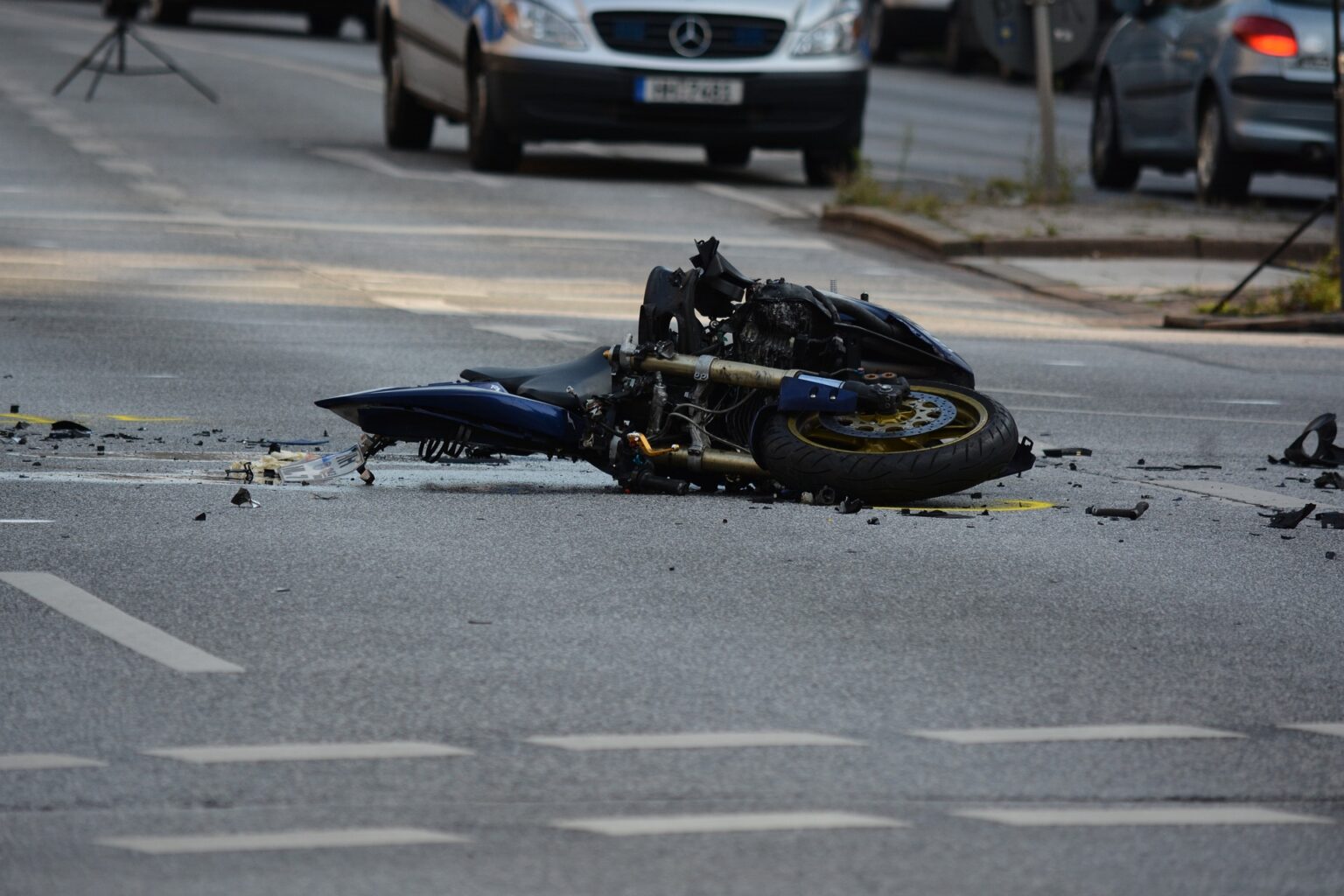
Understanding the Causes of Motorcycle Accidents in Indianapolis: An Analysis of Recent Data
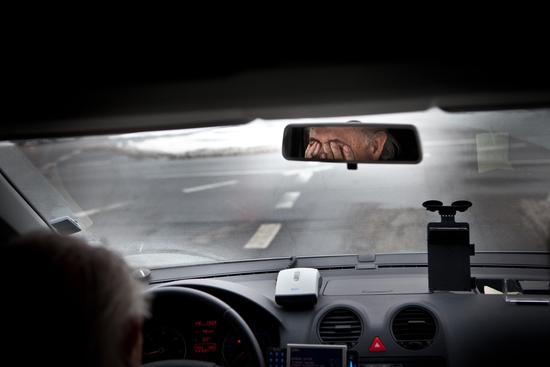
Indianapolis Drunk Driving Accidents and How to Handle them with a Personal Injury Attorney
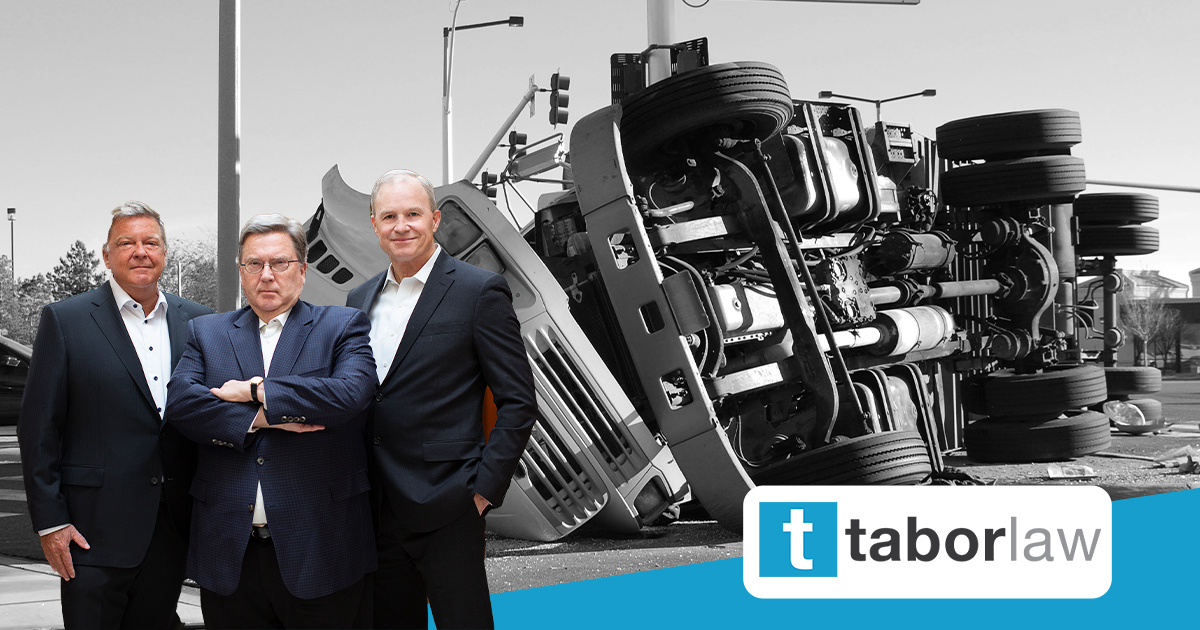
Two Mothers & Two 12-year-old Daughters Killed in Crash While Headed to Volleyball Tournament

